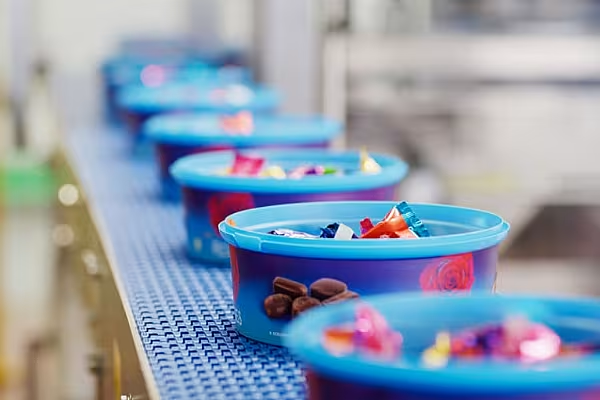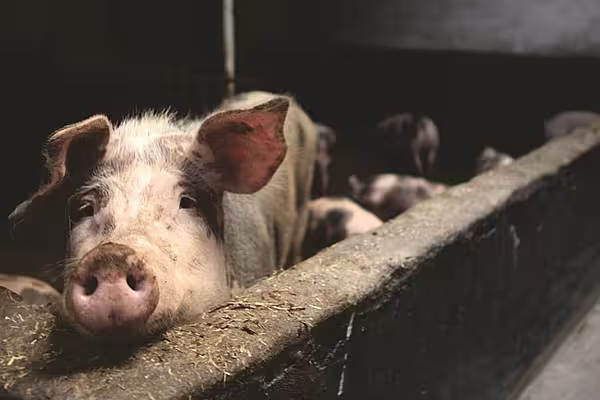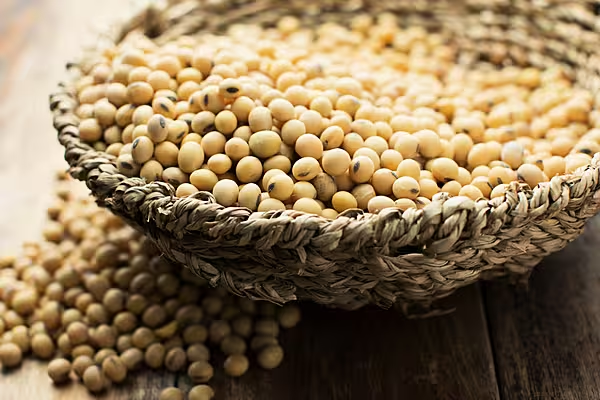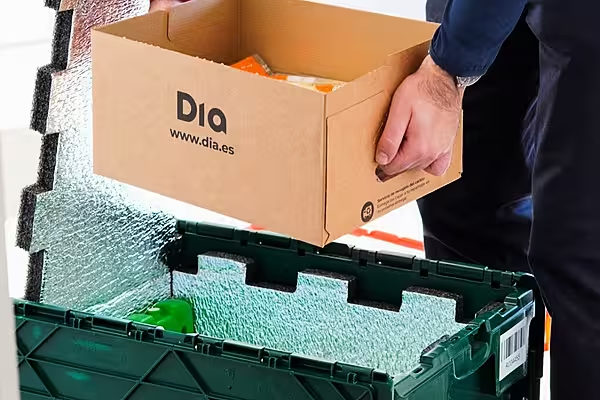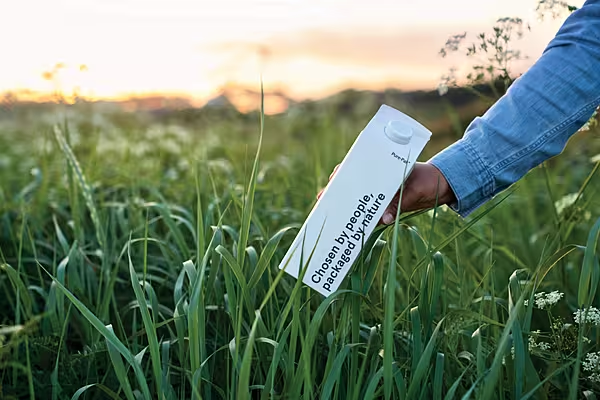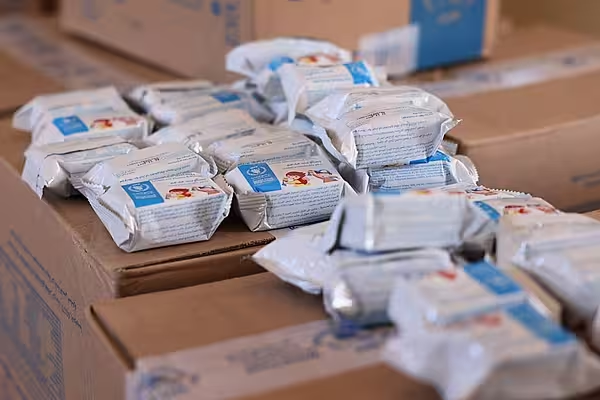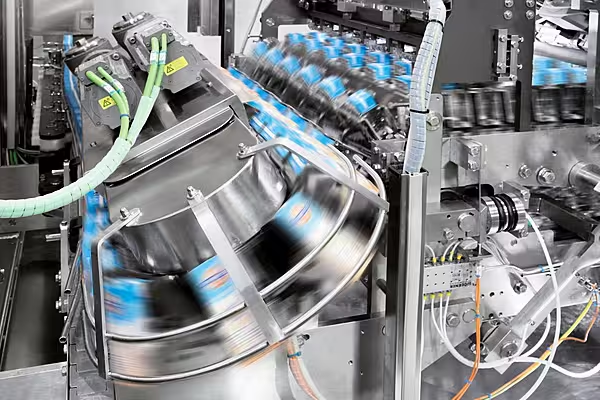Mondelēz International has announced that it supports the new US Federal recycling scheme that considers various types of plastic packaging used across the industry.
The company added that it supports a 'reasonable' Federal Extended Producer Responsibility (EPR) scheme that caters to flexible films, as well as other plastics.
Packaging can be increasingly designed for recyclability, but recycling infrastructure improvements, such as those proposed under the EPR schemes, are needed globally, particularly for flexible films, the company emphasised.
'A More Sustainable Future'
"Our support for a more sustainable future for plastics is clear," said Dirk Van de Put, chairman and chief executive officer of Mondelēz International.
"We are already one of the most efficient users of plastic packaging in the consumer goods space, and we have made significant strides to reduce plastic packaging use, substitute plastics for other materials, and design for recyclability," he added.
Mondelēz International's snacks portfolio uses lightweight plastic packaging, or so-called flexible films, to protect food and reduce its plastic packaging footprint by weight.
It brings some clear environmental benefits, such as reducing transportation emissions and cutting food waste by extending the shelf-life of edible items.
Christine Montenegro McGrath, vice president and chief of Impact at Mondelēz, said, "Increasing recyclability of materials is a great start, but we need actual recycling rates of various materials to increase.
"Compared to rigid plastics like PET, flexible plastic films, like the flow wraps we use on our snacks, are still difficult to collect, sort, and reprocess economically because the infrastructure does not exist yet for this to be done at scale."
Other Goals
Mondelēz International will also build on its commitment to reduce the use of virgin plastics in its packaging.
By 2025, it aims to cut the use of virgin plastics by at least 25% in its rigid plastic packaging, or the equivalent of a 5% reduction in virgin plastic use across its overall plastic packaging portfolio.
The company aims to achieve this target through various measures, including the elimination of plastic material, increased use of recycled content, and the adoption of reuse models for appropriate products.
Van de Put added, "Given the strong progress we have made in packaging, and our focus on leading a sustainable future for snacking, we are committing to reductions in virgin plastics use and investments in innovation to remove packaging or switch to more easily recyclable materials."
© 2021 European Supermarket Magazine – your source for the latest retail news. Article by Dayeeta Das. Click subscribe to sign up to ESM: European Supermarket Magazine.
